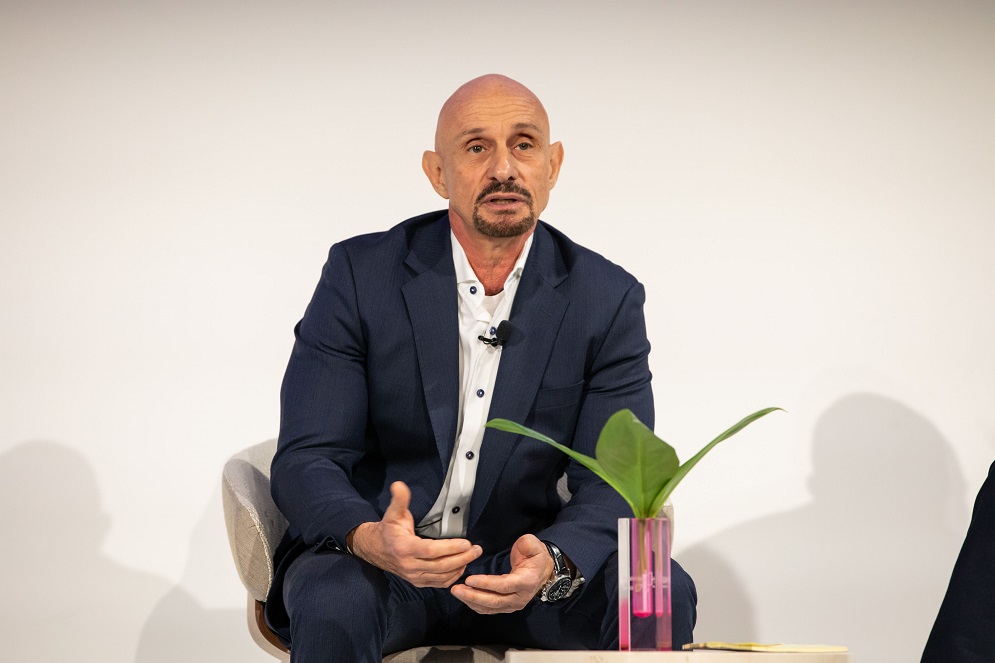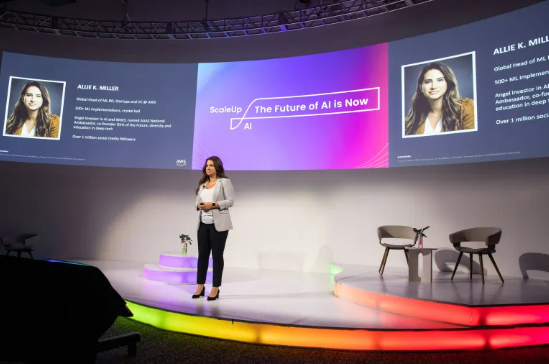Luminous Computing, which is re-imaging the entire machine learning hardware/software stack and is trying to build the world’s most powerful AI supercomputer, has raised $105 million in a Series A round that included Microsoft founder Bill Gates.
Emerging from stealth mode, Luminous was backed by several investors: Gigafund, 8090 Partners, Neo, Third Kind Venture Capital, Alumni Ventures Group, Strawberry Creek Ventures, Horsley Bridge, Modern Venture Partners, among others.
“It’s an incredible time to be a part of the AI industry,” said Marcus Gomez, CEO and co-founder, Luminous. “AI has become superhuman. We can interact with computers in natural language and ask them to write a piece of code or even an essay, and the output will be better than most humans could provide. What’s frustrating is that we have the software to address monumental, revolutionary problems that humans can’t even begin to solve. We just don’t have the hardware that can run those algorithms.”
The funding will primarily go towards doubling the size of the Luminous engineering team, building out Luminous’ custom chips and software, and gearing up for commercial-scale production. Specifically, Luminous is actively recruiting photonics designers, digital and analog VLSI engineers, packaging and system integration engineers, and machine learning experts. Luminous’ core differentiation comes from the fact that it is building nearly every part of the stack from the ground up, integrating expertise from a diversity of domains.
Using proprietary silicon photonics technology to eliminate data movement bottlenecks at every scale, Luminous is completely re-imagining how AI computers are built, resulting not only in order-of-magnitude improvements in performance, but also in drastic simplifications to the programming model.
“Most people who build hardware assume that in order to improve performance, you have to trade off against programmability and cost-efficiency, or just go to a higher-density silicon node. By introducing silicon photonics technology at the heart of computer architecture, we’re not only able to drastically improve performance and scalability, but we’re also able to make it much easier to build huge AI models,” added Gomez.
“At Gigafund, we focus only on founders that we believe have a path to building the most significant companies in the world,” said Luke Nosek, managing partner, Gigafund. “If we can build the product AI customers have always dreamed of, but wasn’t possible, Luminous will dominate the future of computing.”
Photo: “Creative Commons Bill Gates” by Sebastian Vital is licensed under CC BY 2.0


